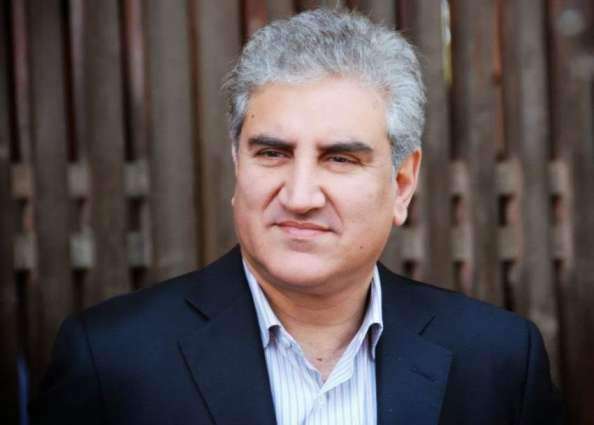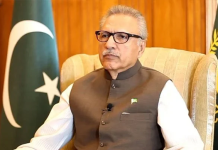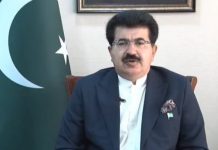ISLAMABAD: Religious Affairs State Minister Pir Aminul Hasnat on Tuesday informed the Senate that the National Ulema and Mashaikh Council (NUMC) had been constituted to control sectarianism in the country.
Responding to questions in the upper house of the legislature, the minister added that the council had representation from all Wifaqs Islamic seminaries, schools of thought and provinces.
The council has been assigned the duty of promoting religious harmony and removing hate literature from the curriculum of the Madaris (seminaries), the minister said
He added that two committees had been established under the council, namely the Steering Committee and the Curriculum Committee. The council has also proposed that an ulema board be established at the national level to monitor hate literature and speech and to recommend legal action against any such material found.
The minister pointed out that his ministry regularly arranges Seerat Conferences on 12th of Rabi ul Awwal in Islamabad, where prominent Ulema, Mashaikh, scholars and people from all walks of life participate.
“These conferences provide a forum to present their ideas and thoughts on Seerah and teachings of Holy Prophet (PBUH) which also proved to be instrumental in elimination of hatred and prejudices amongst different classes of the society and creating harmony among all sects,” he added.
He said competitions on Seerat Books, Naat and articles on life, teachings and Seerah (biographical knowledge) of Prophet Muhammad (PBUH) are organised in multiple languages for men and women. Prizes are also awarded to position holdersin these competitions.
Hasnat said the competitions had also proved to be a source for disseminating the teachings of the Holy Prophet (PBUH) which contained messages of tolerance and harmony.
He also pointed out that the federal religious affairs minister held meetings with the Ulema of all Muslims sects in five major cities to persuade them to abide by a common code of conduct. He added that this code contained provisions on the avoidance of hate speech and offensive literature, which play an important role in creating harmony among different sects.
“The ministry has prepared a calendar of unified timings for Azan and Prayers which has been provided to all mosques of Islamabad for implementation that will also create sectarian harmony and tolerance among the public,” he added.
To another question, the minister said in the wake of the 18th Constitutional amendment, the ministry had been mandated the task of policy and legislation with regard to interfaith harmony in the country.
He highlighted that issues pertaining to the protection of minorities in the country were outside the mandate of his ministry. They instead fell under the jurisdiction of the ministries of the interior and of human rights as well as the provincial governments, he said.















